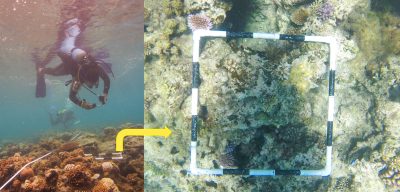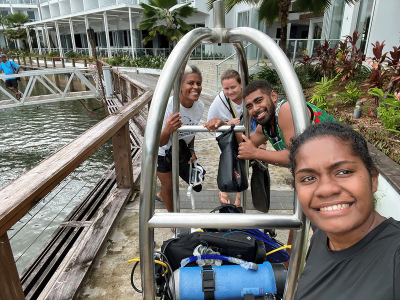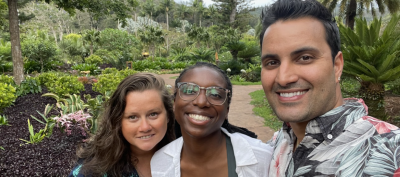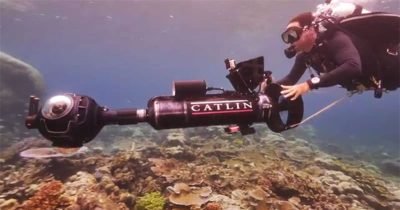
Community-Based Coral Reef Monitoring in Rukua Village
The reefs surrounding the Beqa Lagoon in Fiji have endured many events that threaten their ability to survive, including bleaching events, crown-of-thorns outbreaks, and cyclone damage. These reefs are incredibly important to the people of the region, and to save



